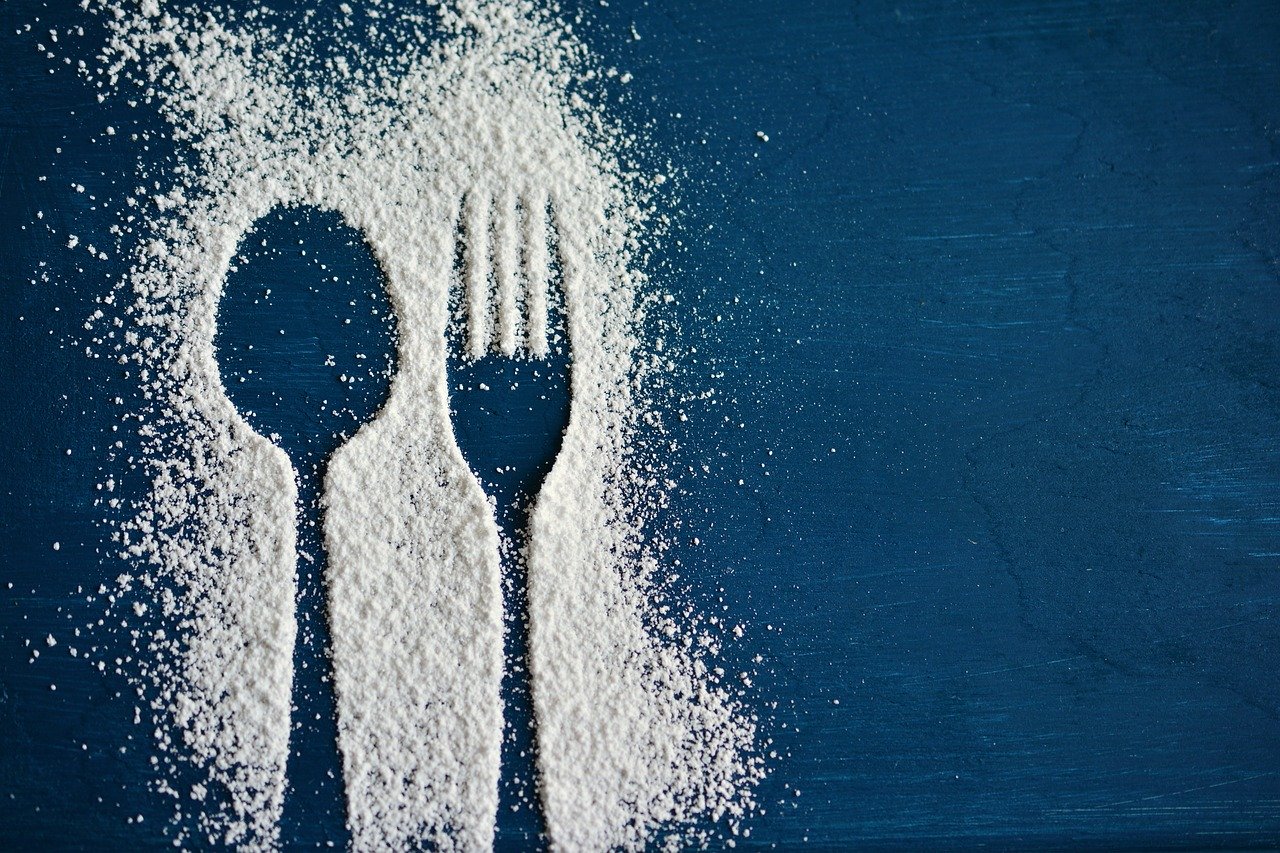
Written by Mercedes Miller
Sometimes it’s suggested that we carry sweets around with us while we’re in recovery, and if we have a craving for a drink, then we can reach for our candy bar or gummy bears instead.
I’m not bashing this method or suggesting we cut sugar completely out of our diets, but what makes us crave sugar in recovery, and when does it turn into an addiction?
The switch from alcohol to sugar is sometimes called addiction transfer, and it can be explained by our brain chemistry.
When we drink alcohol our levels of serotonin, a neurotransmitter that promotes good moods and sleep, are temporarily elevated. The same increases of serotonin are seen when we consume sugar, so when we are giving up drinking and losing a source of serotonin that our body has become used to, we turn to another method of boosting those neurotransmitters: sugar.
Some individuals can also experience low blood sugar while giving up drinking, so cravings for sugar can also be explained by our bodies way of trying to regulate blood glucose levels. Essentially, our bodies are looking for balance and they look to outside sources such as sugar to help achieve that.
Mentally, sugar can be used as a self-soothing technique. Once we give up our main coping mechanism of alcohol, it can be difficult to face painful emotions and memories.
Replacing alcohol’s numbing effects with those of sugar can be another way that our minds are trying to stop us from facing and dealing with tough feelings.
The healthiest, although potentially difficult, path is to build a strong support network and begin to unpack and process the feelings so that we are able to move forward, heal and develop healthier coping mechanisms.
Eating some sugary foods when you feel a craving for alcohol can be a handy method at first, but it’s important to recognize when this coping mechanism could have possibly turned into an addiction.
Some ways to recognize a sugar addiction are:
● You eat sugar even when you’re not hungry
● You hide your sugar consumption from loved ones and experience feelings of guilt
● You use sugar as a coping/soothing mechanism
● You understand the potential negative consequences of your sugar consumption and consume it anyway
At the end of the day try to eat what feels good for your body and mind, and don’t beat yourself up if you “cheat” on your healthy eating.
Being loving, kind and forgiving to yourself can have immense benefits in all areas of your life! If you’re looking for ways to combat sugar abuse or addiction, I suggest beginning with patience and self-love, and you can also check out this article for some helpful tips.

Mercedes Miller is a Masters’ student in Counselling Psychology at Adler University and is completing her Social Justice Practicum with Avalon Recovery Society for the 2019/2020 academic year.
Mercedes has a Bachelor of Arts in Psychology and volunteered at ANOVA, a shelter for women experiencing domestic violence in her hometown of London, Ontario. She says her experiences have led her to be very passionate about feminism and supporting all women.
